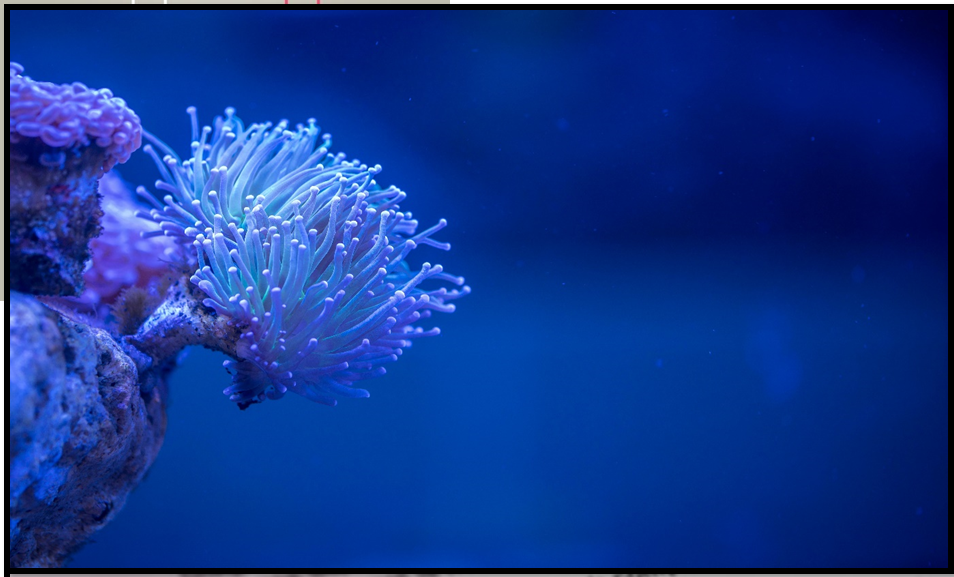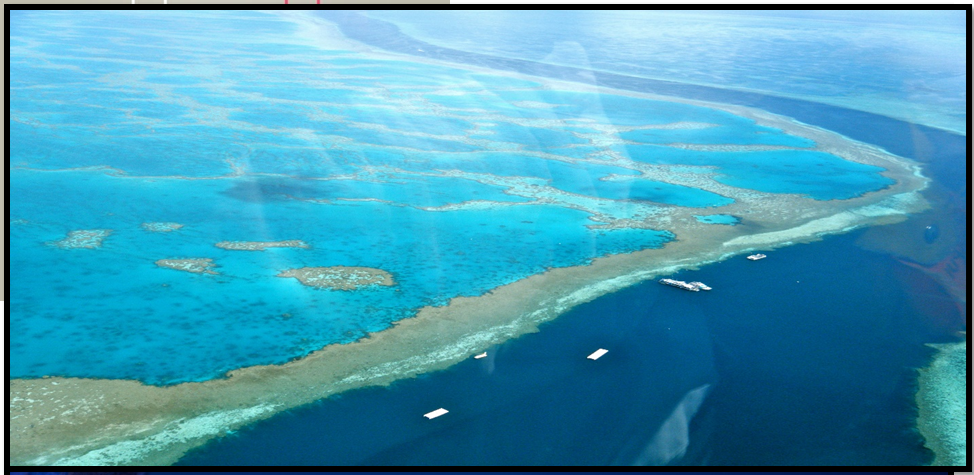RECORD TEMPERATURES IN GREAT BARRIER REEF SEEN IN LAST DECADE
Why in the news?
The Great Barrier Reef has experienced record high temperatures over the last decade, resulting in substantial coral bleaching and rising mortality rates, raising concerns about the impact of human-caused climate change.
About the Rising Temperatures
- Temperatures are rising: Over the last decade, water temperatures in and around the Great Barrier Reef have been the warmest in 400 years, with the highest sea surface temperatures recorded between January and March from 1960 to 2024.
- Coral Bleaching: Rising sea temperatures have resulted in widespread bleaching outbreaks, with the first occurring in the 1980s. These incidents are closely related to global warming and have become more common in recent years.
- Scientific Studies: Researchers recreated sea surface temperature data from 1681 to 1995 using coral skeleton samples and discovered that temperatures were reasonably steady prior to 1900. However, from 1960 and 2024, an average yearly warming of 0.12 degrees Celsius each decade was seen.
About Corals and Coral Bleaching
- Corals: Corals are saltwater invertebrates that generally form dense colonies of identical individual polyps. They are critical to the health of marine ecosystems by providing habitat and shelter for a variety of marine organisms.
- Coral Bleaching: Coral bleaching happens when corals are stressed by changes in temperature, light, or nutrition levels and eject the symbiotic algae (zooxanthellae) that live in their tissues. This causes the coral to turn entirely white, compromising its health and ability to reproduce.
About the Great Barrier Reef
|
Source: The Hindu





